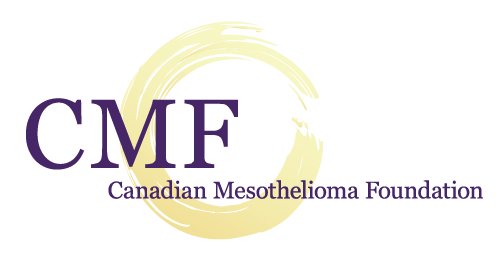This page is dedicated to providing information and resources to assist family doctors and other health professionals in diagnosing Mesothelioma. If you are a GP and have a question about mesothelioma, please contact us and we will help to facilitate a connection with the appropriate specialist.
Resources for Communicating a Mesothelioma Diagnosis
May 2018 - Researchers at the University of Sheffield, UK, have published the results of their RADIO Meso study funded by Mesothelioma UK. The study used interviews with patients, family members and healthcare professionals with the aim of improving the way in which patients are given a diagnosis of mesothelioma.
The Top 10 Tips for communicating a Mesothelioma Diagnosis are summarized here:
1. Provide consistency and continuity in terms of who the patient sees and what is said.
2. Involve the Clinical Nurse Specialist throughout, starting as early as possible in the diagnostic pathway.
3. Ensure that staff involved in communicating a diagnosis of mesothelioma have specialist knowledge and training in mesothelioma, as well as communication skills. Training should be ongoing with access to regular updates.
4. Be patient-centred when communicating a diagnosis. Take cues from the patient and family in balancing what information to give and when. Use language that is easy to understand. Don’t just rely on written information and booklets.
5. Prepare and plan as a team before communicating a diagnosis of mesothelioma. This should include the communication of a plan for ongoing management and treatment to the patient and family carer.
6. Provide a quiet and private environment to facilitate communication.
7. Ensure the patient feels they have been allocated sufficient time.
8. Be direct and honest whilst maintaining hope where possible, for example by providing information about appropriate treatments, symptom management and trials.
9. Use available expertise and resources. No single clinician should carry the responsibility of communicating a diagnosis on their own. Best practice is often from partnership working with different services and quality resources.
10.Make the patient feel like the most important person in the room, and at the centre of the communication process.
For further information about this study please contact:
Mesothelioma UK or the RADIO Meso Research Team on the links below:
Mesothelioma UK: info@mesothelioma.uk.com +44800 169 2409 RADIO Meso: Angela Tod, a.tod@sheffield.ac.uk +44 114 2222057




